
Emuna or Gehennom
A person without emuna is going through airport security; he forgets to remove all the contents of his pockets and walks through the metal detector. The buzzer sounds…

Translated by Rabbi Lazer Brody
About 220 years ago in Yemen, there was a terrible drought. No rain fell for five whole years. Back then, there was a big tzaddik and Torah scholar named Rabbi Yehia Tzallach; he made a big public gathering, and he told the people that there wasn’t rain rain for 5 straight years because they didn’t accept Hashem’s judgments with love. They frequently cried and complained about all sorts of things. So he asked them: “Are you willing to accept everything Hashem does with love? Are you willing to thank Hashem for the very same things that you’ve been complaining about?”
All the people agreed, and they started thanking Hashem for the seemingly bad as well as for the good: “Thank You, Hashem, for not giving us rain and for opening up our eyes! Thank You, Hashem, for not letting us starve despite the fact that there hasn’t been rain for the last 5 years…” As soon as all the people started thanking Hashem in unison, big dark clouds began to gather and before long it started raining.
What’s the secret to Rabbi Yehia Tzallach’s ploy of thanking H for the seemingly bad? First, Rabbi Yehia had far-reaching spiritual vision, and he could see that the people’s incessant whining and complaining had constricted the pipes of Divine abundance and had hampered the rains from falling. Second, he knew the teaching of Elija the Prophet, namely that by accepting Hashem’s judgments with love, one creates vessels that are worthy receptacles of Divine abundance.
Rabbi Bahiya ibn Pakuda writes in his classic book of Jewish ethics, “Duties of the Heart,” that as soon as a person strengthens his emuna to the extent that he realizes that not a single person on earth can harm him or help him against Hashem’s will, then he attains true emotional and moral independence; in other words, he stops running after other people looking for favors or trying to flatter them. He fears no one other than Hashem, and he turns to no one other than Hashem. Such a person is calm, confident, and truly independent.
It’s such a pleasure when you trust in Hashem and in no one else. Look how much emotional wear and tear you save when you trust in Hashem and in no one else. As soon as we realize that no one can touch a hair on our head against Hashem’s will, we direct all our energies and attention in Hashem’s direction. We stop fearing other people. We laugh at their threats. They can’t lift a finger against us; and, if Hashem wants us to suffer a tribulation of some sort, He alone will decide who will be the messenger that brings us the suffering. Yet, if we get close to Hashem on our own accord, rather than waiting for the tribulations to prod us, then Hashem doesn’t need the tribulations at all. And, if we do get them, we know that they’re all for the best so we thank Hashem for them. When you thank Hashem for something, you certainly don’t have to be afraid of that thing, so now you’re free to be happy and to have a wonderful day! Your mental energies are now free to be invested in succeeding in whatever you’re doing, rather than being wasted in senseless worry and fret. That’s how accepting Hashem’s judgments with love and thanking Him for them creates vessels that are worthy receptacles of Divine abundance.
Imagine that a person without emuna is going through airport security. He forgets to remove all the contents of his pockets and walks through the metal detector. The buzzer sounds off. The security guard says politely but firmly, "Sir, go back through, check your pockets, and enter again." The person finds a key in his pocket, puts it on the conveyer tray, and tries walking through the metal detector again. Once more, the buzzer goes off. The guard sends him back, and this time he discovers something else that he left in his pocket. He walks through a third time, and again the buzzers buzz.
Another security officer arrives, and begins to do a body-check on the passenger. The passenger – failing to see Hashem's involvement in everything that's happening to him – is becoming angrier and more frustrated by the minute. He yells at the two security guards, "Do I look like a terrorist? When the real terrorists come along, you flunkies don't catch them because you're busy tormenting innocent passengers like me!"
Soon, the supervisor arrives on the scene and the bellicose, emuna-lacking passenger is detained for obstructing a security officer in the line of duty. He even misses his plane.
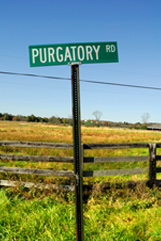 A person with emuna doesn't blame the keys in his pocket, the buzzer, or the security personnel for his problems. He knows that it's all from Hashem, so he accepts whatever transpires with emuna and love. He suffers fewer headaches and digestive disorders. Whereas the other passenger's life is a purgatory on earth, his is a most pleasant Heaven on earth.
A person with emuna doesn't blame the keys in his pocket, the buzzer, or the security personnel for his problems. He knows that it's all from Hashem, so he accepts whatever transpires with emuna and love. He suffers fewer headaches and digestive disorders. Whereas the other passenger's life is a purgatory on earth, his is a most pleasant Heaven on earth.
Don't think that the ability to accept life's difficulties with love and to thank Hashem for them is limited to the select few. This is actually a requirement in Jewish law. The Code of Jewish Law states (Shulchan Aruch, Orach Chaim, ch. 222), "the [seemingly] bad for servants of G-d are their happiness and their credit; since they accept with love everything that Hashem decrees, they are thereby using these difficulties to serve Hashem with joy."
Stop and think of all the other daily aggravations that upset us. The teller at the bank refuses to cash a check. Someone is sitting in your synagogue seat. Your brand new washing machine is not functioning properly. How will we react – the choice is clear – it’s either Emuna or Gehennom. Yes, the choice is ours – emuna or no emuna, Heaven or purgatory. By accepting life's tiny tribulations with love, we're doing ourselves the greatest favor in the world.


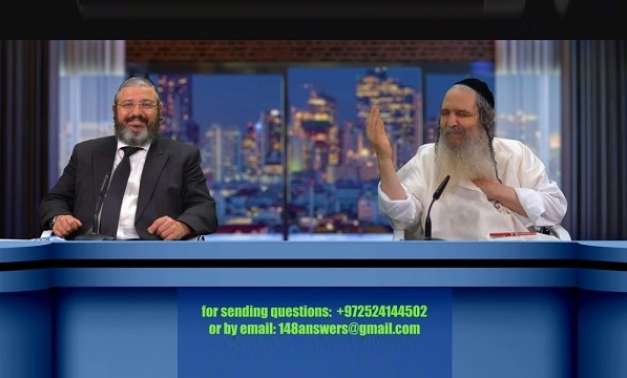
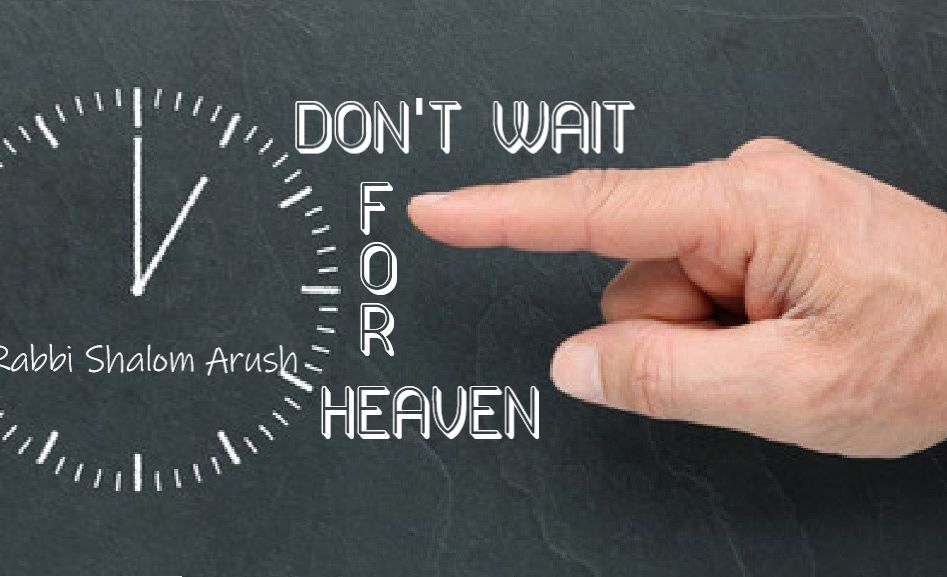




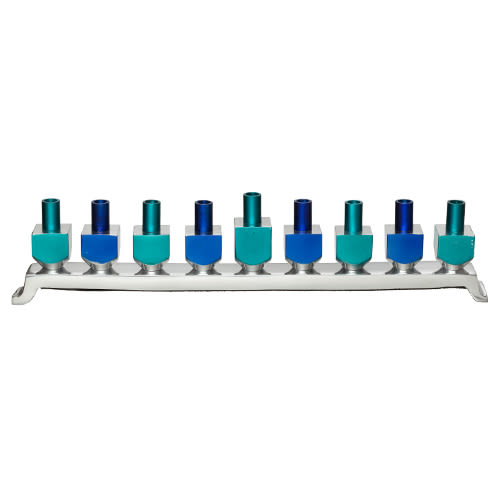
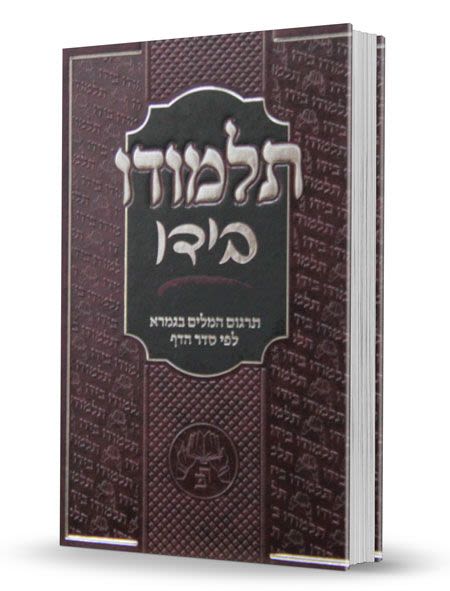
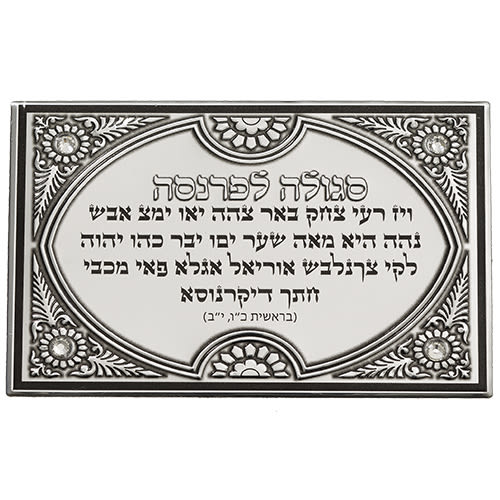
Tell us what you think!
Thank you for your comment!
It will be published after approval by the Editor.